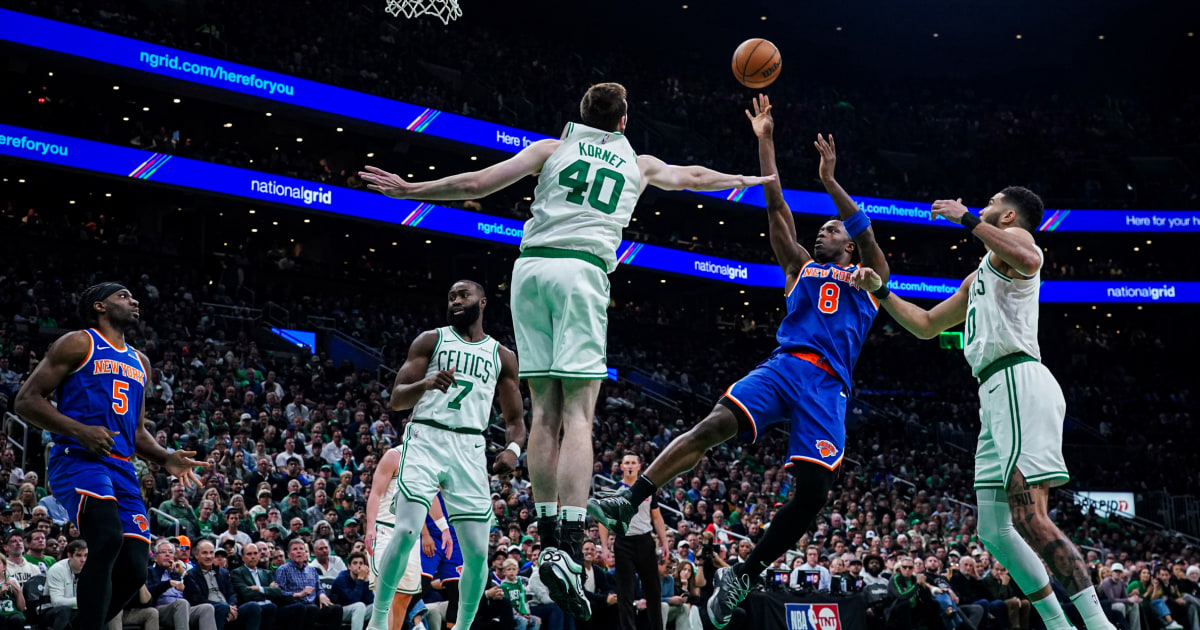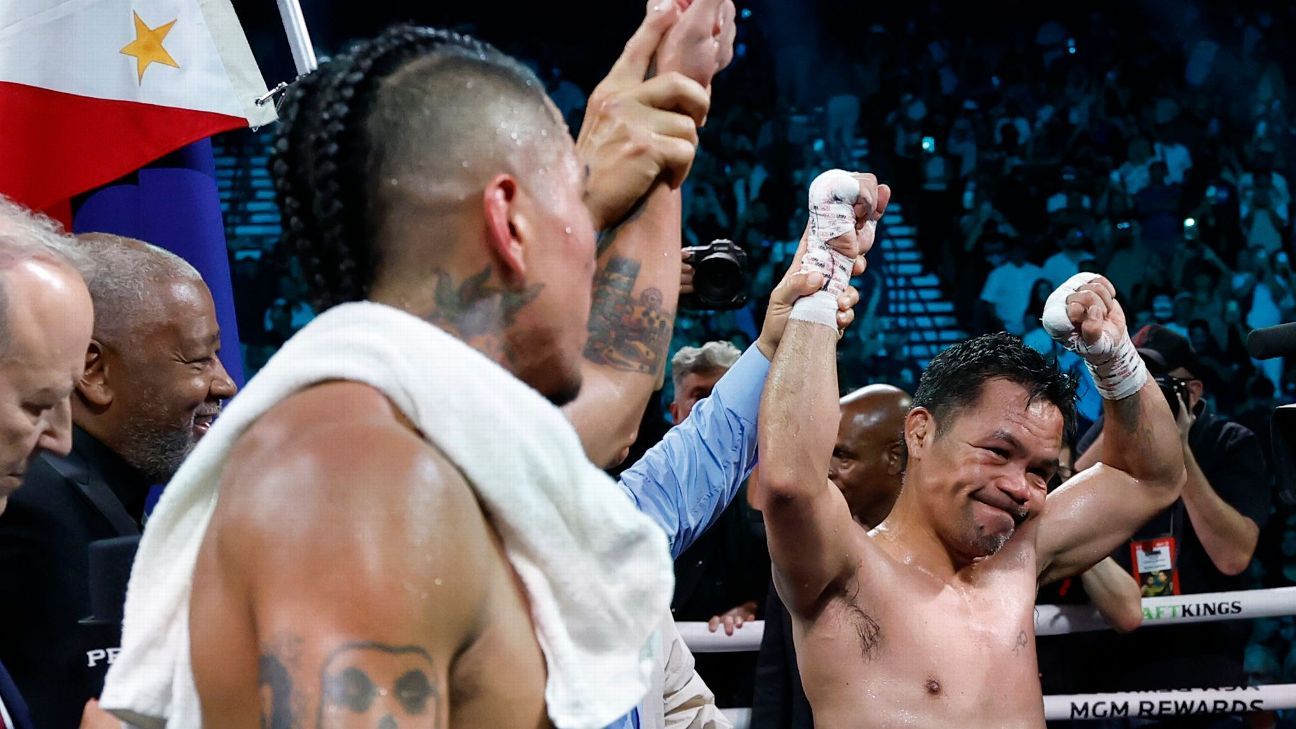Lessons from Defeat: How the Celtics Can Build on Their Game 1 Loss to the Knicks
The Boston Celtics suffered a stunning 108-104 loss to the New York Knicks in Game 1 of their playoff series on Sunday night at Madison Square Garden. Despite leading for most of the game, the Celtics collapsed in the final minutes, offering a blueprint for adjustments in defense, clutch execution, and bench contributions moving forward.
Breaking Down the Celtics’ Fourth-Quarter Collapse
Boston held a 12-point advantage early in the fourth quarter before the Knicks mounted a 22-6 run over the final 7:32. Three critical failures emerged:
- Defensive breakdowns: Allowed 14 points in the paint during the Knicks’ decisive run
- Turnovers: Committed 4 crucial giveaways in the last 5 minutes
- Three-point drought: Missed 8 consecutive attempts from beyond the arc to close the game
“When you’re up double digits on the road, you have to step on their throats,” said ESPN analyst and former NBA coach Jeff Van Gundy. “The Celtics played not to lose instead of playing to win, and playoff basketball punishes that mentality.”
Adjustments for Game 2: Defense and Rotations
Boston’s typically elite defense ranked 3rd in the regular season (110.6 defensive rating) but surrendered a 125.3 rating in the fourth quarter. Key adjustments could include:
1. Containing Jalen Brunson
The Knicks’ guard torched Boston for 30 points, including 12 in the final period. Switching defensive assignments or deploying double-teams earlier could disrupt his rhythm.
2. Bench Production
Boston’s reserves were outscored 39-11, with Payton Pritchard going 1-7 from the field. “We need our second unit to provide energy, not just maintain leads,” Celtics coach Joe Mazzulla acknowledged post-game.
Historical Context and Psychological Factors
While concerning, Game 1 losses haven’t doomed Boston historically. The franchise has won 10 of its last 14 series after dropping the opener. However, the nature of this collapse raises questions about mental toughness.
Sports psychologist Dr. Elena Martinez notes: “Playoff basketball is 50% skill, 50% mindset. Teams that analyze losses objectively rather than emotionally tend to rebound stronger. The Celtics have the personnel to make these adjustments.”
The Path Forward: Three Key Improvements
Boston’s championship aspirations remain intact if they address these areas:
- Late-game execution: Improve decision-making in clutch moments (Boston ranked 18th in clutch win percentage during regular season)
- Three-point variance: Balance volume shooting (43 attempts in Game 1) with higher-percentage looks
- Rebounding intensity: The Knicks grabbed 15 offensive boards leading to 19 second-chance points
Veteran Al Horford summarized the team’s outlook: “We’ve been here before. This isn’t about panic—it’s about precision. We’ll study the film and come back sharper.”
What’s Next for the Celtics?
Game 2 on Wednesday presents an immediate opportunity for redemption. Historical data shows teams winning Game 2 after a Game 1 loss go on to win the series 58% of time. Boston must:
- Establish Jayson Tatum earlier (only 4 first-quarter shots in Game 1)
- Limit transition opportunities (Knicks scored 18 fast-break points)
- Involve Kristaps Porzingis more in pick-and-pop situations
The Celtics’ championship mettle will be tested, but as the old adage goes: playoff series don’t truly begin until the road team wins. Boston now has 48 hours to transform frustration into focused preparation.
For in-depth analysis of the Celtics-Knicks series and exclusive post-game insights, subscribe to our basketball newsletter below.
See more Sky News Portal



